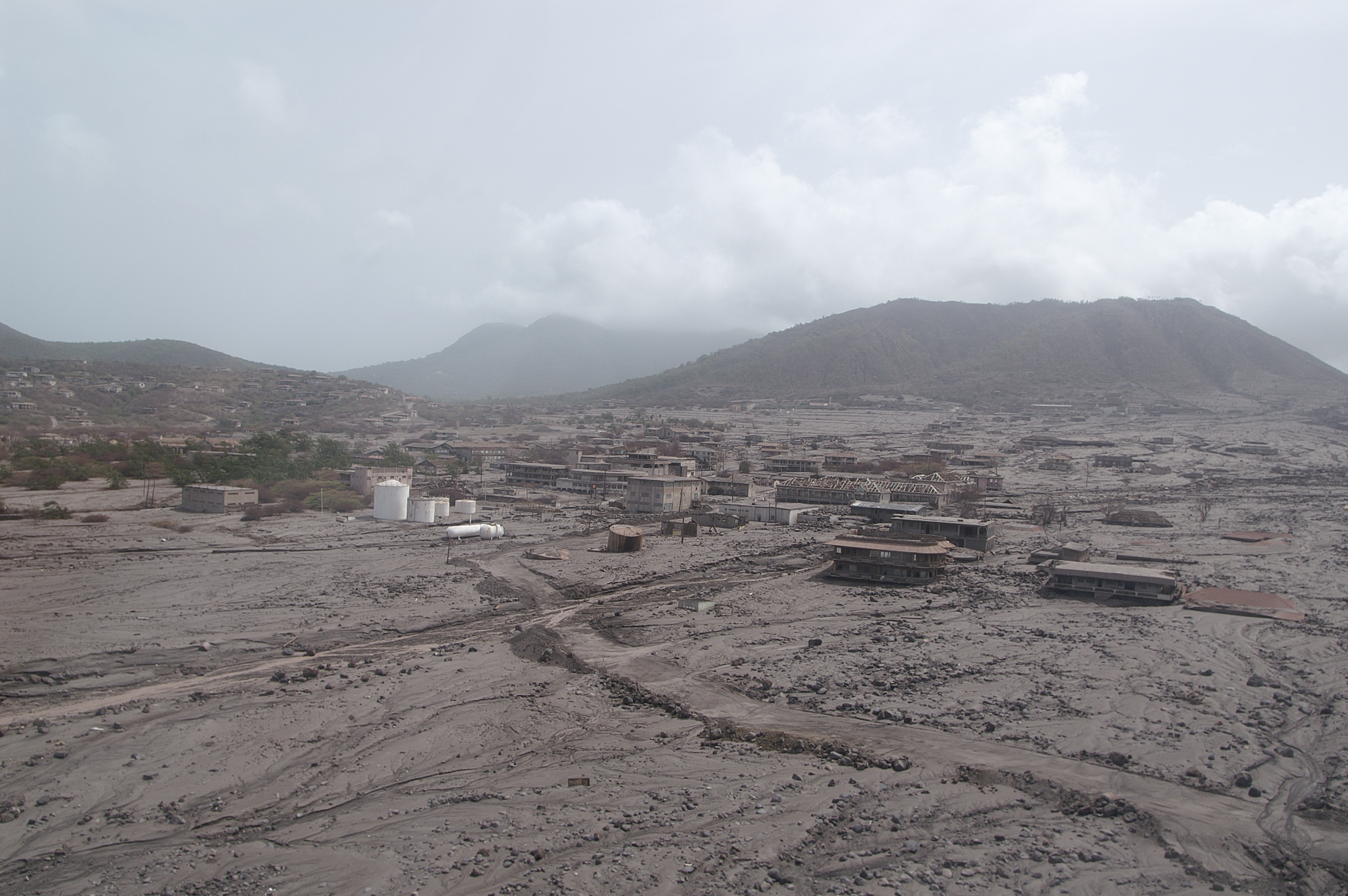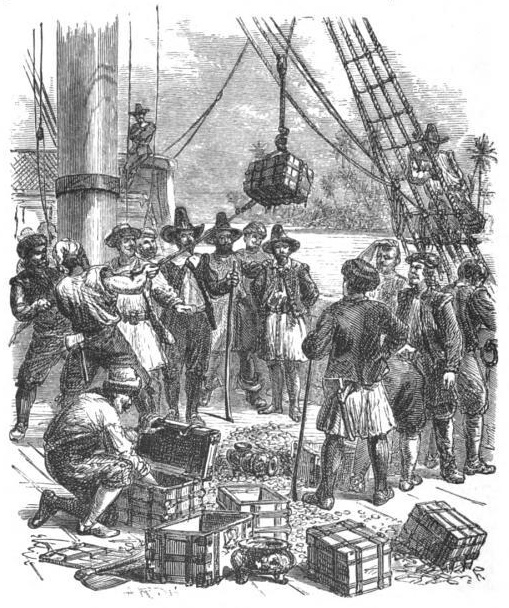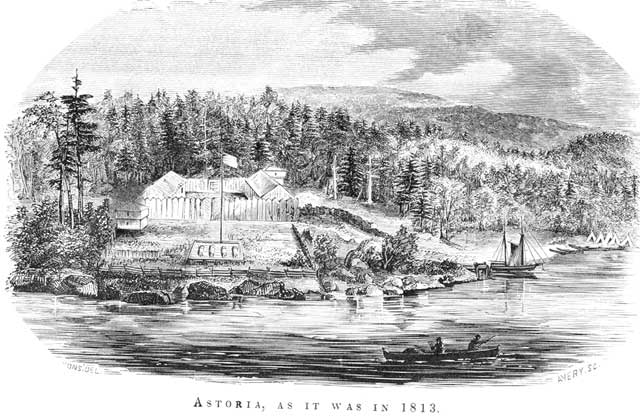|
Kelton, Utah
Kelton is a ghost town, just north of the Great Salt Lake, in the Park Valley area of Box Elder County, Utah, United States. The town was inhabited during the period of 1869–1942. Once an important section station on the First transcontinental railroad, Kelton was dependent on the railroad throughout its history. The town suffered serious setbacks in the 1880s when its busy stagecoach route to Boise, Idaho was discontinued, and in the 1900s when the Lucin Cutoff left it off the main rail line. The strongest earthquake in Utah history caused severe damage in 1934, but Kelton ceased to exist only when the rails were completely removed during World War II. History The site was first settled under the name of Indian Creek, when the mostly- Chinese work crew of the Central Pacific Railroad arrived on April 12, 1869, less than a month before the driving of the golden spike. When the post office was established here on December 16, 1869, it was named Kelton, after an early sto ... [...More Info...] [...Related Items...] OR: [Wikipedia] [Google] [Baidu] |
Ghost Town
A ghost town, deserted city, extinct town, or abandoned city is an abandoned settlement, usually one that contains substantial visible remaining buildings and infrastructure such as roads. A town often becomes a ghost town because the economic activity that supported it (usually industrial or agricultural) has failed or ended for any reason (e.g. a host ore deposit exhausted by mining). The town may have also declined because of natural or human-caused disasters such as floods, prolonged Drought, droughts, extreme heat or extreme cold, government actions, uncontrolled lawlessness, war, pollution, or nuclear and radiation accidents and incidents, nuclear and radiation-related accidents and incidents. The term can sometimes refer to cities, towns, and neighborhoods that, though still populated, are significantly less so than in past years; for example, those affected by high levels of unemployment and dereliction. Some ghost towns, especially those that preserve period-specific ... [...More Info...] [...Related Items...] OR: [Wikipedia] [Google] [Baidu] |
Chinese People
The Chinese people, or simply Chinese, are people or ethnic groups identified with Greater China, China, usually through ethnicity, nationality, citizenship, or other affiliation. Chinese people are known as Zhongguoren () or as Huaren () by speakers of standard Chinese, including those living in Greater China as well as overseas Chinese. Although both terms both refer to Chinese people, their usage depends on the person and context. The former term is commonly (but not exclusively) used to refer to the citizens of the People's Republic of China—especially mainland China. The term Huaren is used to refer to ethnic Chinese, and is more often used for those who reside overseas or are non-citizens of China. The Han Chinese are the largest ethnic group in China, comprising approximately 92% of its Mainland China, Mainland population. [...More Info...] [...Related Items...] OR: [Wikipedia] [Google] [Baidu] |
Treasure Trove
A treasure trove is an amount of money or coin, gold, silver, plate, or bullion found hidden underground or in places such as cellars or attics, where the treasure seems old enough for it to be presumed that the true owner is dead and the heirs undiscoverable. An archaeological find of treasure trove is known as a hoard. The legal definition of what constitutes treasure trove and its treatment under law vary considerably from country to country, and from era to era. The term is also often used metaphorically. Collections of articles published as a book are often titled ''Treasure Trove'', as in ''A Treasure Trove of Science''. This was especially fashionable for titles of children's books in the early- and mid-20th century. Terminology ''Treasure trove'', sometimes rendered ''treasure-trove'', literally means "treasure that has been found". The English term ''treasure trove'' was derived from ''tresor trové'', the Anglo-French equivalent of the Latin legal term ''thesaurus ... [...More Info...] [...Related Items...] OR: [Wikipedia] [Google] [Baidu] |
Treasure Hunting
Treasure hunting is the physical search for treasure. One of the most popular types of modern day treasure hunters are historic shipwreck salvors. These underwater treasure salvors try to find sunken Shipwreck, shipwrecks and retrieve artifacts with both commercial and archaeological value. In many instances, discovery of a wreck only occurs after searching tens of thousands of square nautical miles, thus making discovery normally impossible for archaeologists. Since the popularization of Metal detector, metal detectors in the 1970s, treasure hunting has also taken the form of beach combing for lost valuables. Beach hunters may search for modern jewelry, pocket change, or shipwreck treasure. Most metal detectors will fall in the $150–$600 price range, but can even cost upwards of several thousand dollars. Metal detecting is generally quite tedious and most enthusiasts go years without finding an actually valuable object. Metal detectors are quite useful to Archaeology, archaeol ... [...More Info...] [...Related Items...] OR: [Wikipedia] [Google] [Baidu] |
American Old West
The American frontier, also known as the Old West, and popularly known as the Wild West, encompasses the geography, history, folklore, and culture associated with the forward wave of American expansion in mainland North America that began with European colonial settlements in the early 17th century and ended with the admission of the last few contiguous western territories as states in 1912. This era of massive migration and settlement was particularly encouraged by President Thomas Jefferson following the Louisiana Purchase, giving rise to the expansionist attitude known as "manifest destiny" and historians' " Frontier Thesis". The legends, historical events and folklore of the American frontier, known as the frontier myth, have embedded themselves into United States culture so much so that the Old West, and the Western genre of media specifically, has become one of the defining features of American national identity. Periodization Historians have debated at length as ... [...More Info...] [...Related Items...] OR: [Wikipedia] [Google] [Baidu] |
Gold Mine
Gold mining is the extraction of gold by mining. Historically, mining gold from alluvial deposits used manual separation processes, such as gold panning. The expansion of gold mining to ores that are not on the surface has led to more complex extraction processes such as pit mining and gold cyanidation. In the 20th and 21st centuries, most volume of mining was done by large corporations. However, the value of gold has led to millions of small, artisanal miners in many parts of the Global South. Like all mining, human rights and environmental issues are common in the gold mining industry, and can result in environmental conflict. In mines with less regulation, health and safety risks are much higher. History The exact date that humans first began to mine gold is unknown, but some of the oldest known gold artifacts were found in the Varna Necropolis in Bulgaria. The graves of the necropolis were built between 4700 and 4200 BC, indicating that gold mining could be at leas ... [...More Info...] [...Related Items...] OR: [Wikipedia] [Google] [Baidu] |
History Of Wells Fargo
This article outlines the history of Wells Fargo & Company from its merger with Norwest Corporation and beyond. The new company chose to retain the name of "Wells Fargo" and so this article is about the history after the merger. Acquisitions in 1999–2000 Continuing the Norwest tradition of making numerous smaller acquisitions each year, Wells Fargo acquired 13 companies during 1999 with total assets of $2.4 billion. The largest of these was the February purchase of Brownsville, Texas-based Mercantile Financial Enterprises, Inc., which had $779 million in assets. The acquisition pace picked up in 2000, with Wells Fargo expanding its retail banking into two more states: Michigan, through the buyout of Michigan Financial Corporation ($975 million in assets), and Alaska, through the purchase of National Bank of Alaska, with $3 billion of assets. Wells Fargo also acquired First Commerce Bancshares, Inc. of Lincoln, Nebraska, which had $2.9 billion in assets, and a Seattle-based re ... [...More Info...] [...Related Items...] OR: [Wikipedia] [Google] [Baidu] |
Montana
Montana ( ) is a landlocked U.S. state, state in the Mountain states, Mountain West subregion of the Western United States. It is bordered by Idaho to the west, North Dakota to the east, South Dakota to the southeast, Wyoming to the south, and the Provinces and territories of Canada, Canadian provinces of Alberta, British Columbia, and Saskatchewan to the north. It is the List of U.S. states and territories by area, fourth-largest state by area, but the List of U.S. states and territories by population, eighth-least populous state and the List of U.S. states and territories by population density, third-least densely populated state. Its List of capitals in the United States, capital is Helena, Montana, Helena, while the List of municipalities in Montana, most populous city is Billings, Montana, Billings. The western half of the state contains numerous mountain ranges, while the eastern half is characterized by western prairie terrain and badlands, with smaller mountain ranges f ... [...More Info...] [...Related Items...] OR: [Wikipedia] [Google] [Baidu] |
Idaho
Idaho ( ) is a landlocked U.S. state, state in the Pacific Northwest and Mountain states, Mountain West subregions of the Western United States. It borders Montana and Wyoming to the east, Nevada and Utah to the south, and Washington (state), Washington and Oregon to the west; the state shares a small portion of the Canada–United States border to the north with the Canadian province of British Columbia. Idaho's State capital (United States), state capital and largest city is Boise, Idaho, Boise. With an area of , Idaho is the List of U.S. states and territories by area, 14th-largest state by land area. The state has a population of approximately two million people; it ranks as the List of U.S. states and territories by population, 13th-least populous and the List of U.S. states by population density, seventh-least densely populated of the List of US states, 50 U.S. states. For thousands of years, and prior to European colonization, Idaho had been inhabited by Native American ... [...More Info...] [...Related Items...] OR: [Wikipedia] [Google] [Baidu] |
Oregon
Oregon ( , ) is a U.S. state, state in the Pacific Northwest region of the United States. It is a part of the Western U.S., with the Columbia River delineating much of Oregon's northern boundary with Washington (state), Washington, while the Snake River delineates much of its eastern boundary with Idaho. The 42nd parallel north, 42° north parallel delineates the southern boundary with California and Nevada. The western boundary is formed by the Pacific Ocean. Oregon has been home to many Indigenous peoples of the Americas, indigenous nations for thousands of years. The first European traders, explorers, and settlers began exploring what is now Oregon's Pacific coast in the early to mid-16th century. As early as 1564, the Spanish expeditions to the Pacific Northwest, Spanish began sending vessels northeast from the Philippines, riding the Kuroshio Current in a sweeping circular route across the northern part of the Pacific. In 1592, Juan de Fuca undertook detailed mapping a ... [...More Info...] [...Related Items...] OR: [Wikipedia] [Google] [Baidu] |
Telephone Exchange
A telephone exchange, telephone switch, or central office is a central component of a telecommunications system in the public switched telephone network (PSTN) or in large enterprises. It facilitates the establishment of communication circuits, enabling telephone calls between subscribers. The term "central office" can also refer to a central location for fiber optic equipment for a fiber internet provider. In historical perspective, telecommunication terminology has evolved with time. The term ''telephone exchange'' is often used synonymously with ''central office'', a Bell System term. A central office is defined as the telephone switch controlling connections for one or more central office prefixes. However, it also often denotes the building used to house the inside plant equipment for multiple telephone exchange areas. In North America, the term ''wire center'' may be used to denote a central office location, indicating a facility that provides a telephone with a dial tone ... [...More Info...] [...Related Items...] OR: [Wikipedia] [Google] [Baidu] |
Western Saloon
A Western saloon is a kind of bar particular to the Old West. Saloons served customers such as fur trappers, cowboys, soldiers, lumberjacks, businessmen, lawmen, outlaws, miners, and gamblers. A saloon might also be known as a "watering trough, bughouse, shebang, cantina, grogshop, and gin mill". The first saloon was established at Brown's Hole, Wyoming, in 1822, to serve fur trappers. By 1880, the growth of saloons was in full swing. In Leavenworth, Kansas, there were "about 150 saloons and four wholesale liquor houses". Some saloons in the Old West were little more than casinos, brothels, and opium dens. Etymology The word ''saloon'' originated as an alternative form of the French word ''salon''; it first appeared in 17th century France and was derived from the Italian ''salone'' (for a large reception hall of Italian mansions). A European salon became associated with a 'large hall in a public place for entertainment, etc.'" In the United States, the word had evolved i ... [...More Info...] [...Related Items...] OR: [Wikipedia] [Google] [Baidu] |







